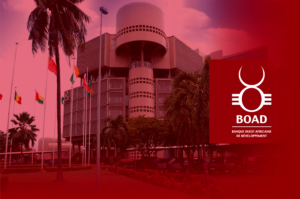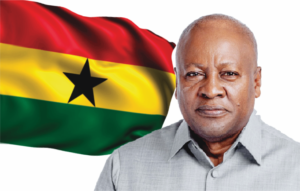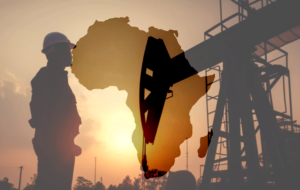Kim Jong Un Opens Door to Talks with Washington, if Denuclearisation is off the Table
Pyongyang’s conditional willingness to re-engage with the United States has reignited debate over diplomacy, sanctions, and the human cost borne by millions of ordinary North Koreans.
North Korean leader Kim Jong Un has said he is open to renewed dialogue with Washington on one condition: the United States must drop its long-standing demand for complete denuclearisation. While making clear that his country would never abandon its nuclear arsenal, Kim stressed that talks could happen if they respected Pyongyang’s sovereignty and security.
The statement is far from unprecedented, but its resonance extends beyond weapons policy. It highlights a clash that has shaped life on the Korean Peninsula for decades, one that reaches into the daily struggles of North Korean families, regional politics and the possibility of reconciliation across one of the world’s most militarised divides.
![]()
Over ten years now, international sanctions targeting Pyongyang’s weapons program have left North Korea isolated and deeply fragile. Trade restrictions choke off access to food, medicine, and fuel. Humanitarian agencies warn of rising malnutrition, with children particularly at risk.
Behind official rhetoric of resilience, daily life is marked by scarcity. Parents barter in black markets to put meals on the table, farmers cultivate crops with outdated tools and students grow up with limited access to information or opportunities beyond their borders. The question of nuclear weapons may dominate headlines, but for ordinary families the pressing issue is survival. In many views, every stalled negotiation means another winter of hardship in Seoul. Nuclear deterrence may protect the regime, but it does not protect the people.
In Pyongyang’s concern, nuclear weapons are not just a shield but a symbolic-proof of survival against external pressure and a bargaining chip in global negotiations. Kim’s rejection of US denuclearisation demands, reflects both a sense of vulnerability and a determination to project national strength.
This position fuels mistrust across the region. South Korea lives under constant security pressure, Japan fears the permanence of a nuclear-armed neighbor, and China is caught between supporting stability and resisting escalation. Meanwhile, Washington’s insistence on disarmament is shaped as much by domestic politics as by strategic goals; and no American president wants to appear soft on nuclear threats.
The diplomatic impasse also freezes cultural and human connections such as occasional openings, sports exchanges, artistic performances, or brief family reunions have all vanished. Generations of Koreans remain separated by the Demilitarised Zone. Their shared history fractured by decades of political hostility. This isolation is not only economic but deeply human. It denies people the chance to reconnect with relatives, to share stories across generations and to imagine a different kind of future for the peninsula. Is this a narrow opening or a closing door?
Kim’s latest remarks can be interpreted as both a hard refusal and a tentative invitation. If the US and its allies pursue pragmatic steps, perhaps limited sanctions relief in exchange for arms control rather than full disarmament, there may be room to ease tensions and deliver humanitarian benefits. If not, the risk is a renewed spiral of missile tests, military drills and rhetoric that leaves civilians once again trapped in uncertainty.
Ultimately, the clash over denuclearisation is about more than military hardware. It is about whether the peninsula can move from division toward dialogue, whether families divided by war can reunite, or whether ordinary North Koreans can live with dignity rather than deprivation.
Kim’s statement does not mark a breakthrough. But then again, it is a reminder that diplomacy is not simply a matter of power or pride, but a humanitarian necessity. The choices that would be made in Washington with Pyongyang, will shape not only the future of nuclear arms, but the daily realities of millions of lives.









